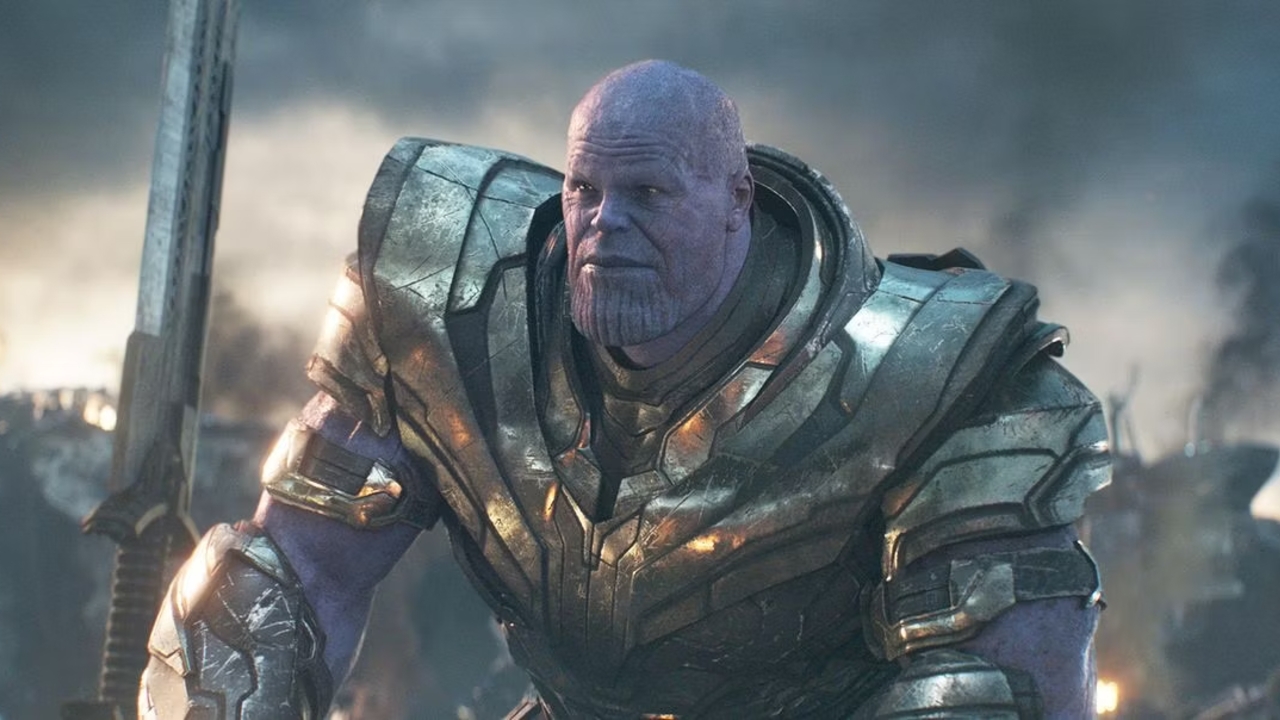
When the Villain Becomes the Hero: Why Modern Movies Lie About Sin
The greatest trick the devil ever pulled was convincing the world he doesn’t exist. I think. He also tricked the world into believing Steven Seagal was a talented actor, Emperor Palpatine should return in Episode Nine, and Dane Cook was funny. So what do I know? But speaking of the devil tricking people, when did we all become convinced that we should be rooting for the villain in our favorite TV shows and movies?
If the last two decades have taught me anything, it’s that audiences actually want to see Walter White, Tony Soprano, and even Boyd Crowder be successful, even though the things they are doing are morally reprehensible. Wildly so. And none of them are close to being as cool as Hans Gruber!
So what in the name of General Zod is going on?
There was a time when right and wrong were fairly unambiguous on the silver screen. In Three Amigos, we all knew El Guapo was the embodiment of evil (even though he was willing to rock that awesome sweater in the desert); in Back to the Future, we were certain that Biff deserved to be knocked out by George McFly; and in Mary Poppins, we all knew those chimney sweeps had it coming (I may not be remembering that one exactly right). But in recent times, it is hard to tell the good guys from the bad guys. There are no more clearly distinguishable lines. Even Superman, who was always meant to be the beacon of good, finds himself a depressive, doubting shell of his former self.
Today, there are even attempts to go back and retcon the past so we no longer know who the heroes are. Cobra Kai has tried to do this with Daniel LaRusso, making many people claim that he was the bad guy in The Karate Kid. If you haven’t heard that argument, just take a moment and Google “Daniel was the bad guy” and get ready for the smoke! The reality is Daniel and Miyagi are actually the heroes, Johnny and Kreese were the villains, and the dudes who left Daniel beat up on the beach were chumps.
But my point stands: We used to know who the heroes were. And now we are not so sure. Every villain gets a backstory, a reason for his insanity, a celebration of situational ethics that makes everyone say, “Oh, that’s why!” Probably the most egregious example of this was in the remake of Halloween. The original horror masterpiece was based on the fact that no one knew what caused Myers to be a killer. He was simply an example of pure evil. But in the newer iterations, we see he was the product of neglect and abuse, which is the reason for his psychosis. So he is no longer the evil perpetrator but rather a sympathetic victim.
This is what concerns me about the entire subject. We have lost the ability to recognize that some people are actually evil. Not because they are victims with a psychologically understandable motivation, but just men with a desire to watch the world burn. The Dark Knight tried to make this point with Heath Ledger’s masterful portrayal of the Joker. The whole point was to show a man whose backstory was ambiguous, his motivation was uncertain, and his methods were insane. But when you go to the internet, do you know what you find? Fans debating what made Ledger’s Joker the way that he was. One popular theory is that he was a former soldier who went crazy because of his time in the service, based on his knowledge of explosives and his mentioning of no one caring when a group of soldiers die. Why are people desperate for the backstory? It’s not just a desire to expand on the story.; it’s a vain attempt to understand someone who is just evil. Moreover, it’s a desire to justify evil.
Could it be that the longer the medium of film exists, the more we are going to see an increasing justification of our own evil heart? I think so.
The Bible says that we are justified by only one thing: faith in the finished work of Jesus Christ. But man’s greatest desire has always been to justify himself another way. He is constantly looking for something he can use as an excuse before Almighty God, and the greatest excuse is that it’s not really our fault. We are the product of a bad environment, an abusive father, or a really mean landlord (I’m looking at you, Mr. Furley). How can God judge us when our sin really isn’t our fault?
We honor the sinful man because he is us. We want to make excuses for him because if they are effective, then we are excused as well. We don’t want to condemn the evil man because, in doing so, we would be condemning our very own souls. We see ourselves in the villains because we are the villains in the drama of redemption, and we don’t want the villain to be brought to justice or even redeemed; we want him to be right!
Because if he is right, then so are we.
Then again, Goodfellas caused us to root for the bad guys, and it came out in the 80s. So what do I know?
